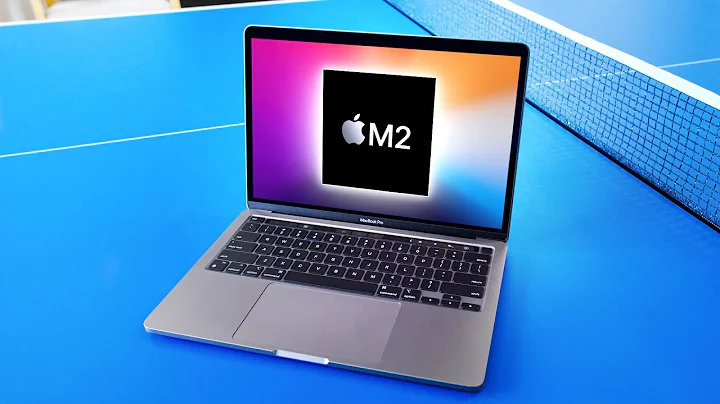
Benchmarks show that the 256GB SSD in the 13-inch MacBook Pro with an M2 chip offers slower performance than its M1 counterpart, and real-world stress tests show that the 256GB SSD in the 13-inch MacBook Pro also underperforms in daily use.
The M2 MacBook Pro with 256GB SSD and 8GB RAM was slower than the M1 MacBook Pro with 256GB SSD and 8GB RAM in multiple usage tests involving Photoshop, Lightroom, Final Cut Pro, multitasking, and file transfers. In the multitasking RAM test, the M1 consistently loaded content faster with multiple apps open, and in the 50-image export test with apps open in Lightroom, the M1 was faster again. It was able to export 50 images in 3 minutes and 36 seconds, compared to the "M2"'s 4 minutes and 12 seconds.
In these tests, the MacBook Pro's built-in 8GB of unified memory is used by various processes, the machine uses SSD as virtual memory, and virtual memory swapping can cause overall system performance to slow down.
These results were consistent across all of the performance stress tests Max Tech ran, and Max Tech's benchmarks on Saturday demonstrated the same differences. The M2 MacBook Pro appears to be about 50% slower in read speeds and about 30% slower in write speeds.

Geek-bench multi-device benchmark

Geek-bench benchmark
- 13-inch MacBook Pro (M1/256GB) Read speed: 2,900
- 13-inch MacBook Pro (M2/256GB) Read speed: 1,446
- 13-inch Mac Book Pro (M1/256GB ) Write speed: 2,215
- 13-inch MacBook Pro (M2/256GB) Write speed: 1,463
Max Tech attributes this performance difference to Apple's choice of NAND flash memory. In the M2 MacBook Pro, there is a single 256GB NAND flash storage chip, while the M1 MacBook Pro has two NAND chips of perhaps 128GB each. Multiple NAND chips allow for faster parallel speeds, which may account for the "M2's" seemingly disappointing performance.
's slower SSD performance appears to be limited to the 256GB version of the 13-inch MacBook Pro, as higher-capacity machines don't exhibit the same issues. MacBook Pro buyers should be aware of this performance issue, which may impact purchasing choices.
It's unclear why Apple chose a different NAND chip setup in the M2 MacBook Pro, and further testing will be needed to determine what's going on. Apple has not responded to our request for comment, but we will update this article if we hear back.





















